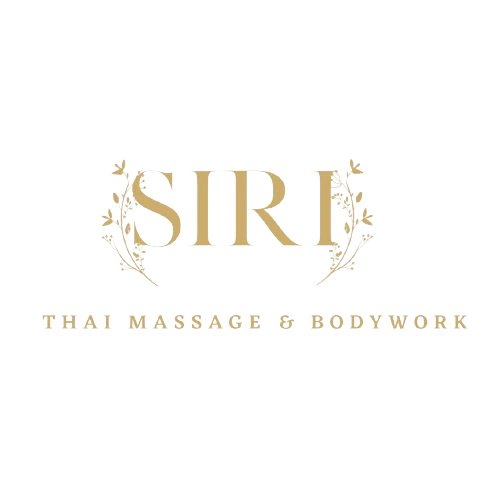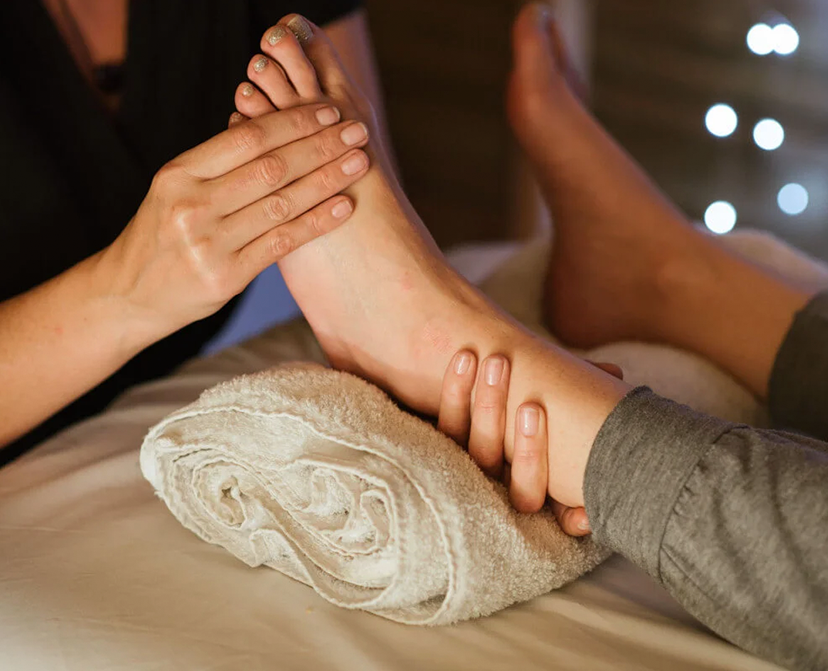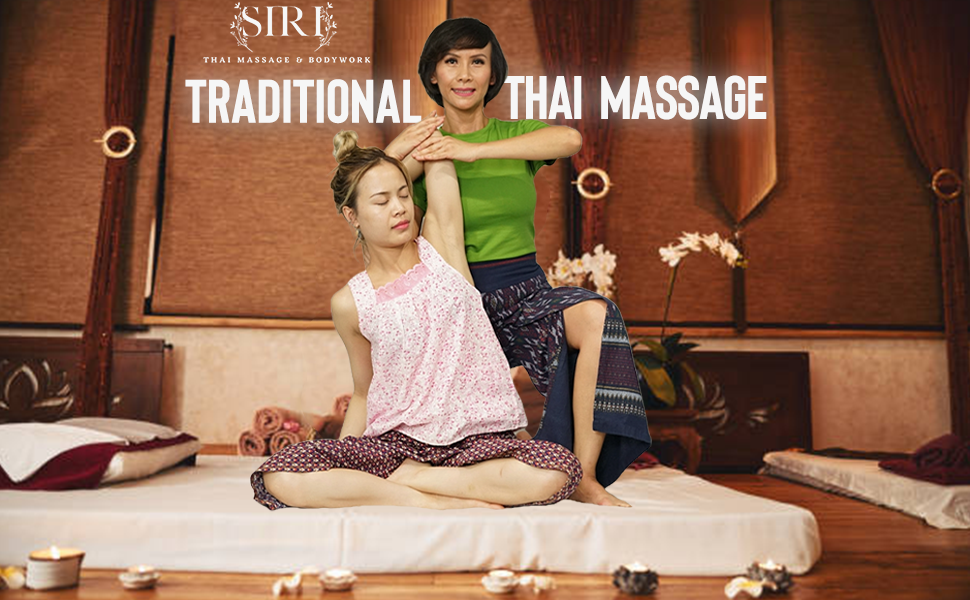Postpartum (Traditional Thai Care)
Short description
Expert Therapists: Our team of highly trained and experienced massage therapists are dedicated to providing personalized treatments tailored to your specific preferences and concerns. Their expertise ensures that you receive the highest quality care during your session.
Share
Guaranteed Safe Checkout
Payment methods
The Mother's Retreat:
A Journey Through Traditional Thai Postpartum
Nurturing the New Mother
Introduction
Welcoming a new baby into the world is a joyful experience, but it also marks the beginning of a significant period of recovery and adjustment for new mothers.
Traditional Thai postpartum care, with its emphasis on natural herbs and holistic healing, offers a gentle and effective way for mothers to heal, rejuvenate, and regain their strength after childbirth.
Siri Massage explores the essence of postpartum Thai care and highlights key natural Thai herbs used in treatments and recovery for new mothers.
The Philosophy
At the heart of postpartum Thai care lies the belief in the body's innate ability to heal and rejuvenate, provided it is given the right support.
This care system emphasizes warmth, rest, and the healing power of nature, encapsulated through the use of natural herbs, specific dietary practices, and gentle physical therapies.
The ultimate goal is to restore the mother's energy, strengthen her body, enhance lactation, and promote emotional well-being, thereby fostering a harmonious bond between the mother and her newborn.
The Essence of Thai Postpartum Recovery
Thai postpartum care is built on the understanding that the period after childbirth is a critical time for a woman's physical and emotional recovery.
It emphasizes the need for warmth, rest, and nutrition to restore the body's balance and energy. This period, traditionally lasting for a month or more, is viewed as a time for the mother to heal, bond with her baby, and rejuvenate her spirit.
Key Thai Herbs for Postpartum Recovery
-
Lemongrass (Cymbopogon citratus): Renowned for its refreshing aroma and antiseptic properties, lemongrass is often used in baths and herbal drinks. It helps cleanse the body, promote better digestion, and reduce postpartum blues.
-
Turmeric (Curcuma longa): With its anti-inflammatory properties, turmeric is a staple in postpartum care. It aids in healing internal wounds, reduces inflammation, and can help prevent postpartum depression.
-
Ginger (Zingiber officinale): Ginger is a powerful herb for improving circulation and reducing nausea. It is especially beneficial in the early postpartum period to warm the body and support the recovery of the uterus.
-
Bai Bua Bok (Centella asiatica): Known for its healing properties, this herb is used to improve mental clarity, reduce anxiety, and support skin elasticity, which is particularly beneficial for healing stretch marks.
-
Kaffir Lime (Citrus hystrix): The leaves and fruit of the kaffir lime are used in baths and drinks to cleanse the body, promote emotional balance, and enhance skin health.
The Procedure
-
Herbal Remedies and Warm Baths Thai postpartum care heavily relies on the healing powers of herbs. New mothers are treated with herbal baths and drinks that include ingredients like lemongrass, tamarind leaves, and turmeric, known for their anti-inflammatory, antiseptic, and relaxing properties. These remedies help cleanse the body, promote healing of the birth canal, and encourage relaxation.
-
Yuu Fai (Lying by Fire) The practice of Yuu Fai, or lying by fire, is a traditional method where the mother rests close to a warm source, such as a fire or heated stones, for a period following childbirth. This practice is believed to help the body eliminate toxins, improve circulation, and aid in the uterus's return to its pre-pregnancy size. It also addresses the coldness believed to enter the body during childbirth, restoring warmth and balance.
-
Nutritional Care A special diet is another cornerstone of postpartum Thai care, focusing on warm, nutritious foods that are believed to aid in recovery, boost energy levels, and support breastfeeding. Dishes rich in herbs, proteins, and vitamins are emphasized, with specific foods selected for their healing properties and their ability to enhance milk production.
-
Massage and Bodywork Traditional Thai massage and abdominal binding are practices used to support physical recovery, reduce soreness, and help the body regain its pre-pregnancy shape. Massage helps to alleviate muscle tension and promote relaxation, while abdominal binding supports the abdomen and aids in the recovery process.
-
Emotional Support and Rest Recognizing the emotional adjustments that come with motherhood, Thai postpartum care also includes practices aimed at supporting the mother's mental health. Adequate rest, support from family members, and the presence of experienced caregivers play a vital role in ensuring emotional well-being during this time.



